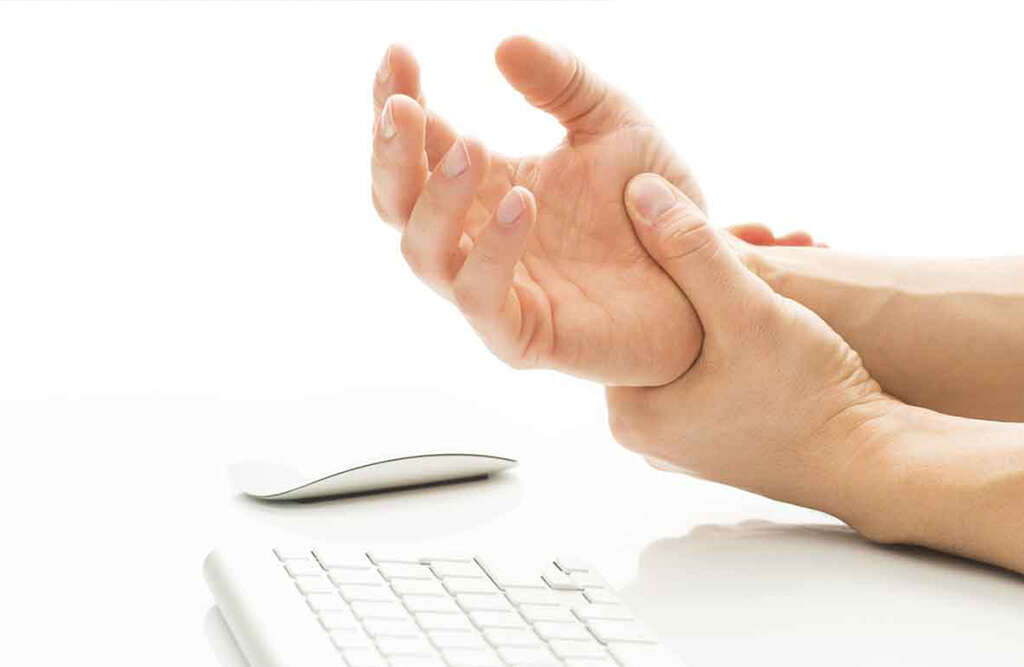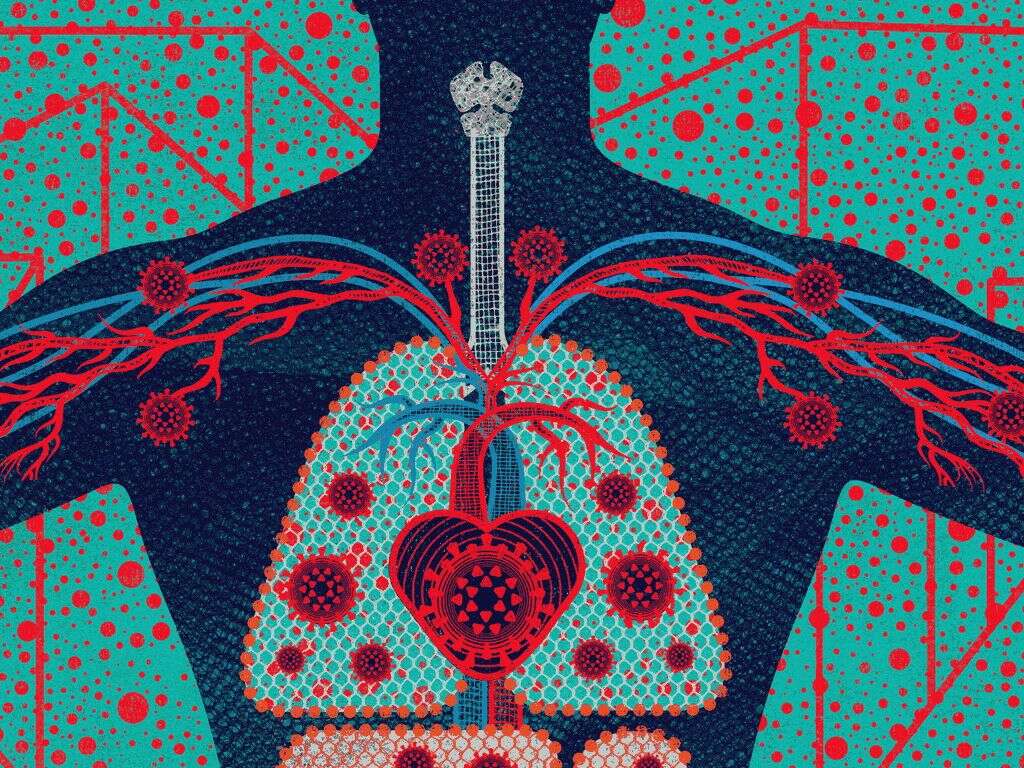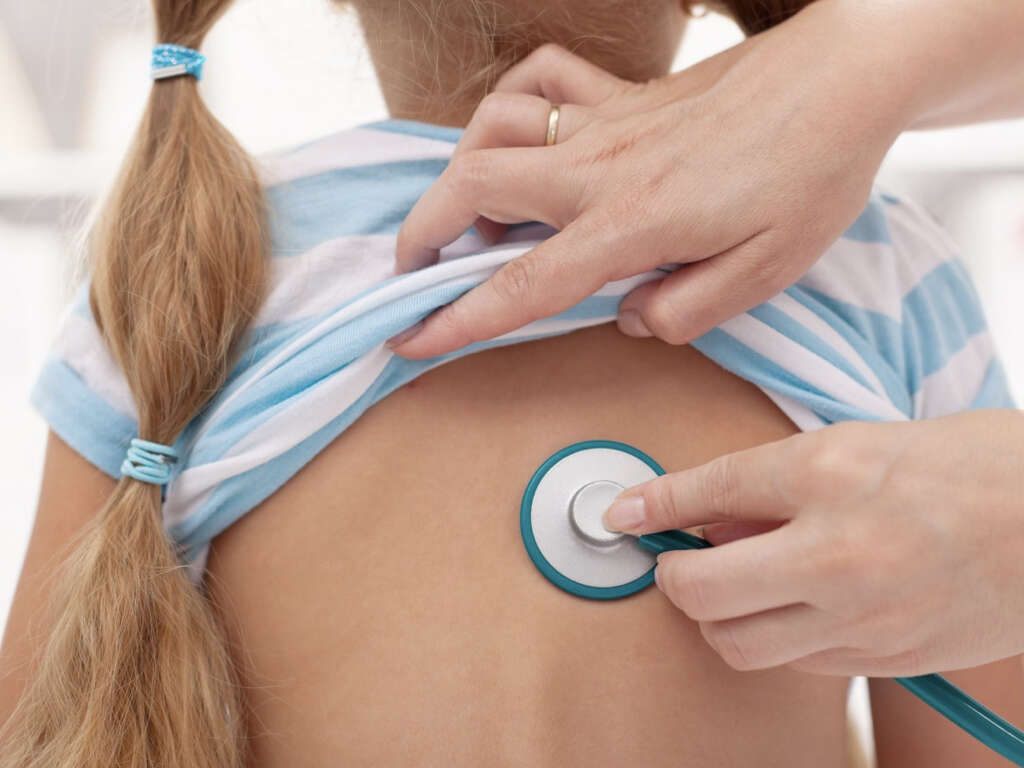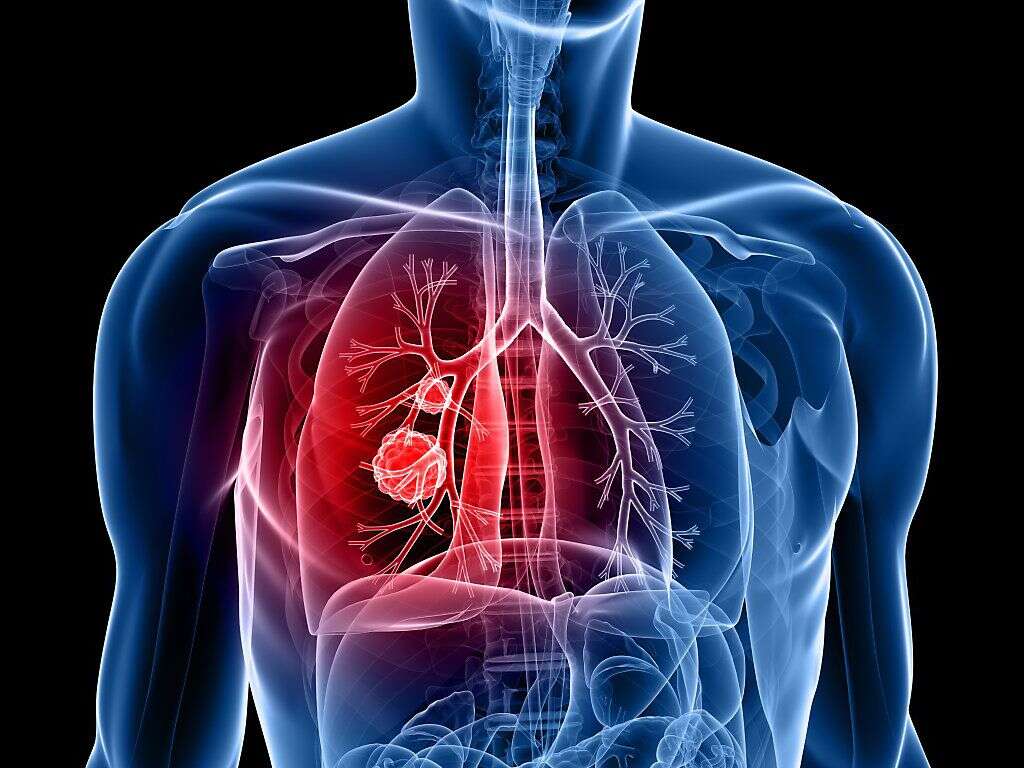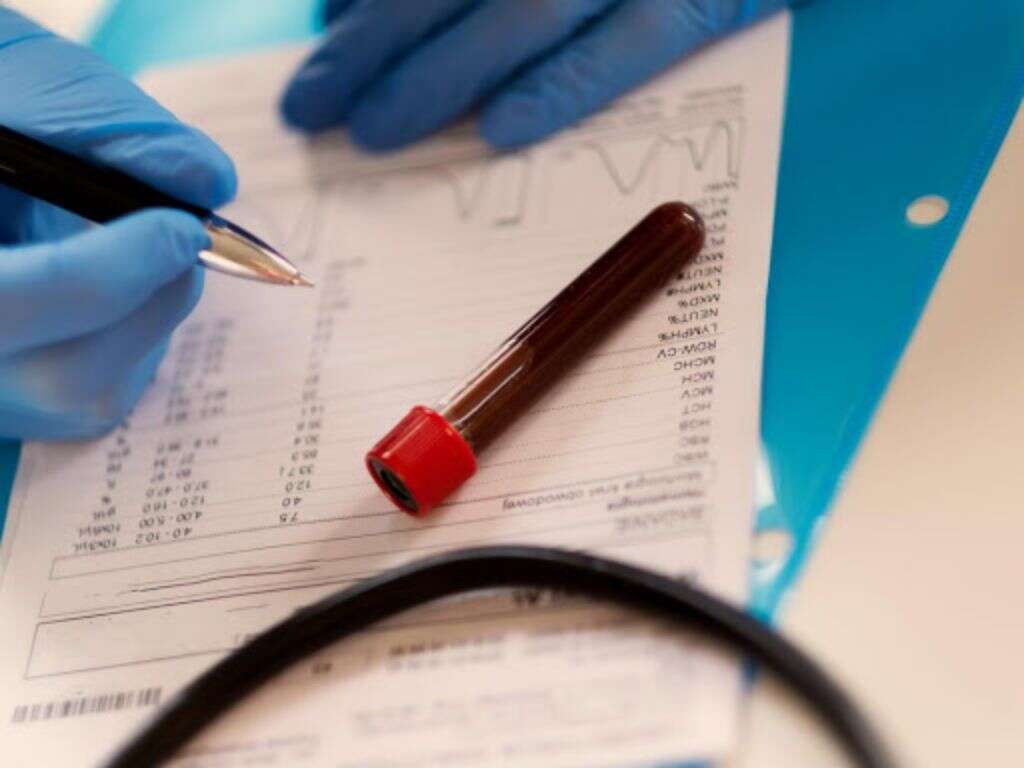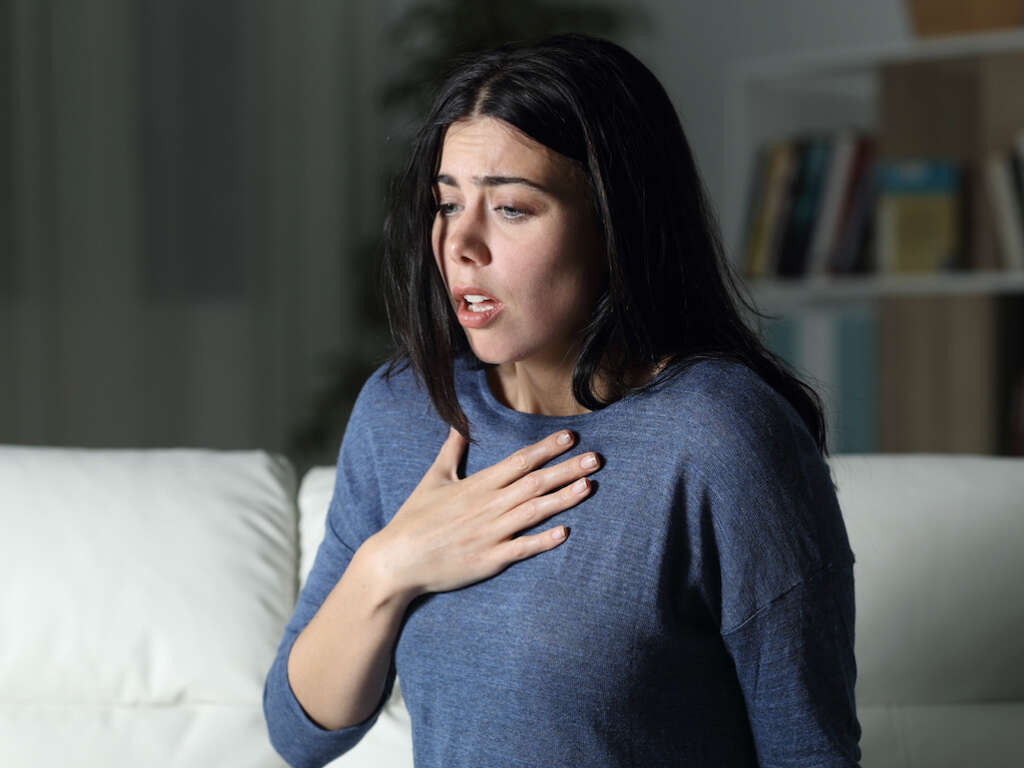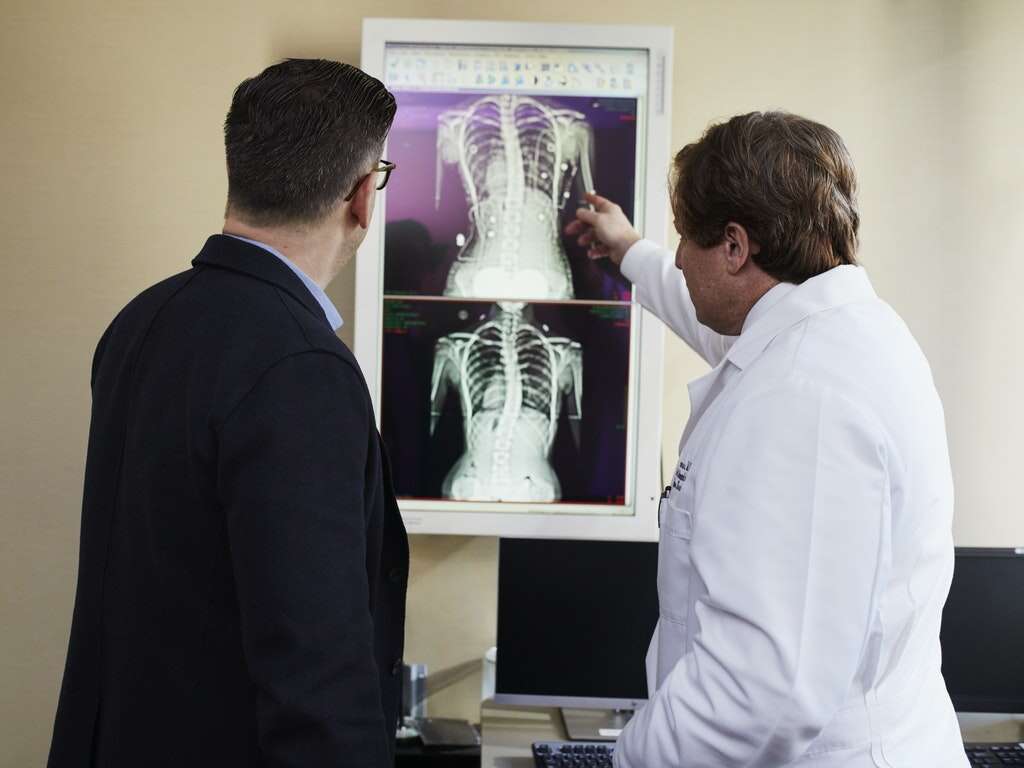10 Black Mold Symptoms
Mold is a type of fungi that is generally found in warm, damp environments. It can easily make its way into the home and is often a clear sign that a home needs maintenance or repair. Indeed, mold will inevitably grow given the right conditions.
Usually, mold is quite harmless, but it can cause problems if people are overexposed to it. Black mold, in particular, can cause complications because of the toxic mycotoxins it produces. Exposure to black mold can result in black mold poisoning, which causes a variety of symptoms. While it is straightforward to treat, black mold can be quite damaging, so it should be treated seriously.
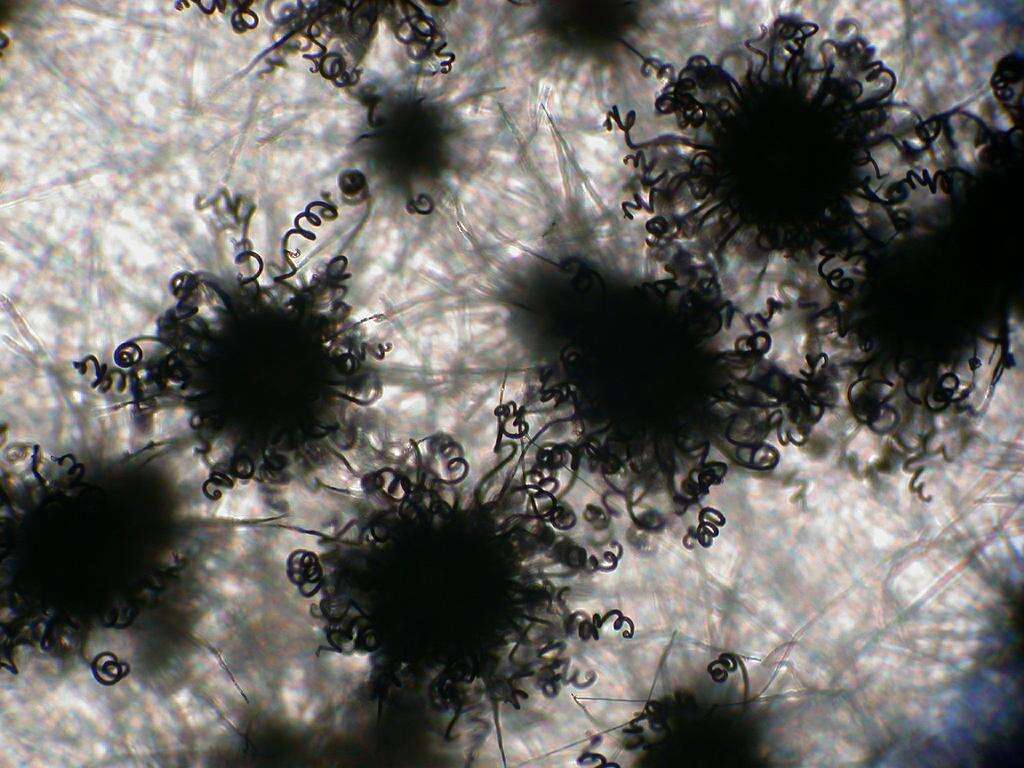
Symptom #1: Headache
A headache is a common symptom that has a large number of potential causes. As such, the exact cause is often difficult to pin down. While headaches can be very unpleasant, they are usually harmless and will pass after a short time.
One possible cause of a headache is exposure to black mold. Although a headache alone is not enough to make a successful diagnosis, it can help determine the cause when considered along with other symptoms. If the headaches are frequent and especially painful, seek medical attention.
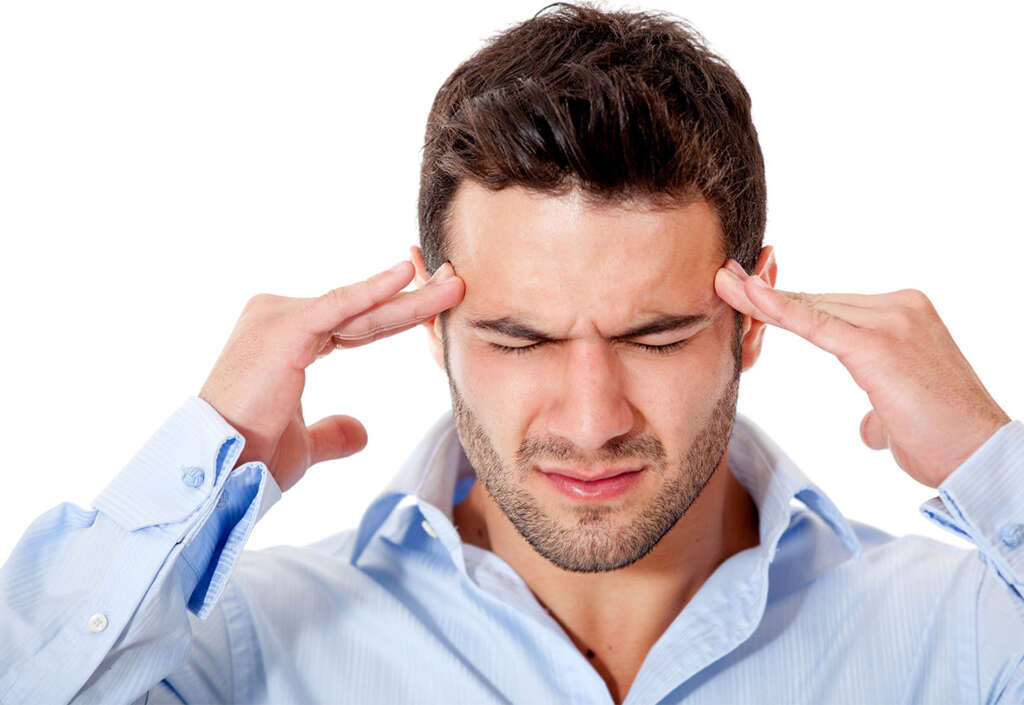
Symptom #2: Coughing
Whenever something unwelcome enters the body, the body attempts to expel the unwanted intruder. If the unwanted item enters an air passageway, the body instinctively coughs to try and force out whatever is in the passageway. Coughing is also stimulated when something is irritating the soft lining of the passageway.
Coughing is often short term, but it can linger in the case of illness, potentially becoming quite painful. Because black mold can be inhaled and thus affect the soft tissue of the air passageways, coughing is a common symptom of exposure.

Symptom #3: Blocked Nose
The nose not only helps people smell, but it also provides a passageway for air so people are able to breathe. However, irritants that affect the sensitive lining of the nostrils can cause a blocked nasal passageway. While people can breathe through the mouth if necessary, a blocked nose can still be quite uncomfortable.
Breathing in black mold spores will bring the spores into contact with the lining of the nostrils. This causes the blood vessels just beneath the surface to become inflamed. Remedies are available to treat the symptom, although it is best to treat the source if possible.
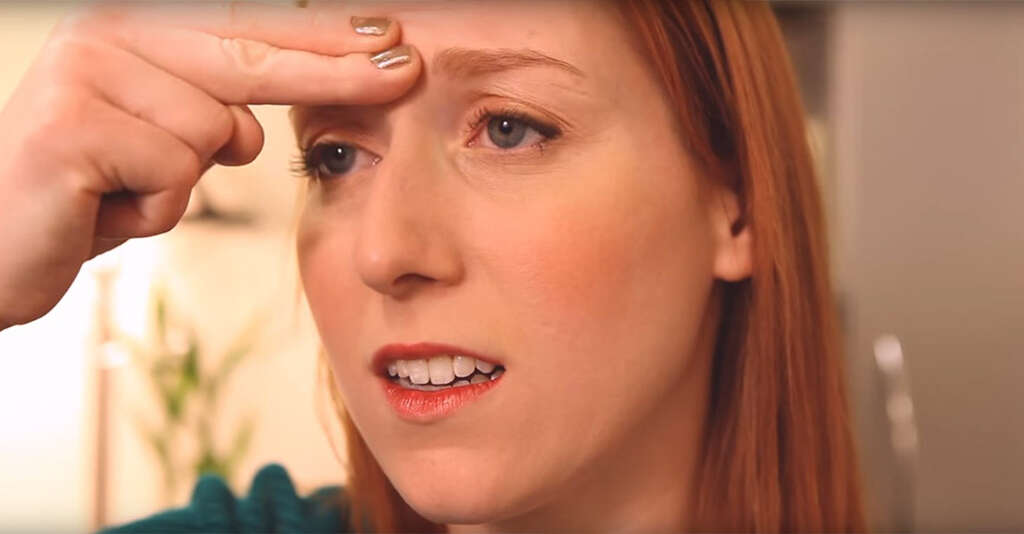
Symptom #4: Sneezing
The air is full of pathogens, but the body does have some barriers of defense to protect it. The sensitive lining of the nostrils is coated with mucus (snot) that helps trap pathogens. When the body needs to expel the trapped pathogens, sneezing occurs, which ejects the mucus and the pathogens along with it.
It is a common symptom of black mold exposure since the mucus of the nasal passageway tends to trap black mold spores and mycotoxins.
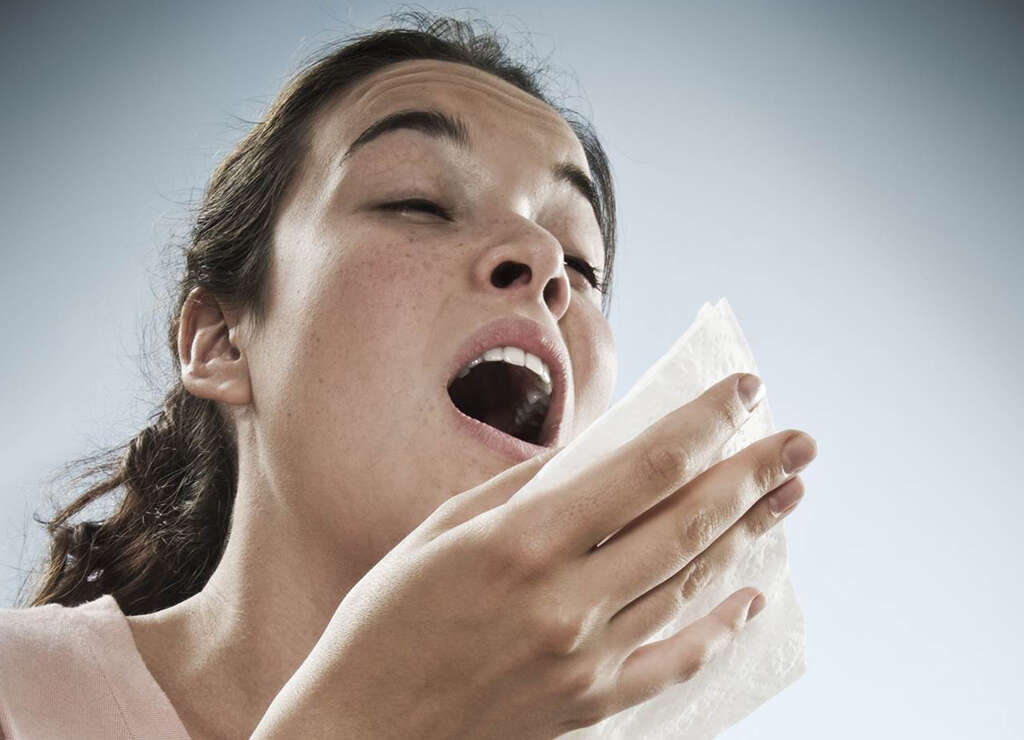
Symptom #5: Fever
Fever, or an increase in body temperature above normal, is a common symptom of black mold exposure. It is a natural way for the body to fight against pathogens and infections. If black mold enters the body, then the temperature of the body rises in an effort to slow or kill the invader.
This increase in temperature creates an inhospitable environment in which the pathogens cannot survive.
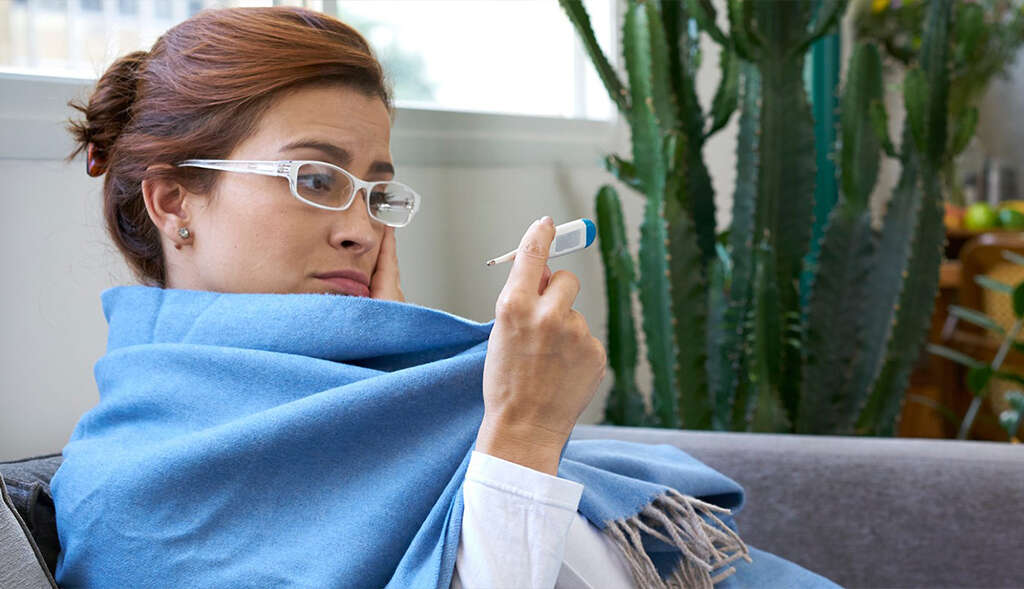
Symptom #6: Red and Itchy Eyes
The eyes are extremely sensitive, but they are well protected against possible trauma and microbes that could do a great deal of damage. If pathogens come into contact with the eyes, then the body reacts to remove them. Rubbing the eyes helps remove pathogens, so the eyes become itchy to encourage a rubbing action.
The irritation will also cause them to become red, and the eyes will likely secrete excess fluid to help flush the pathogen out.
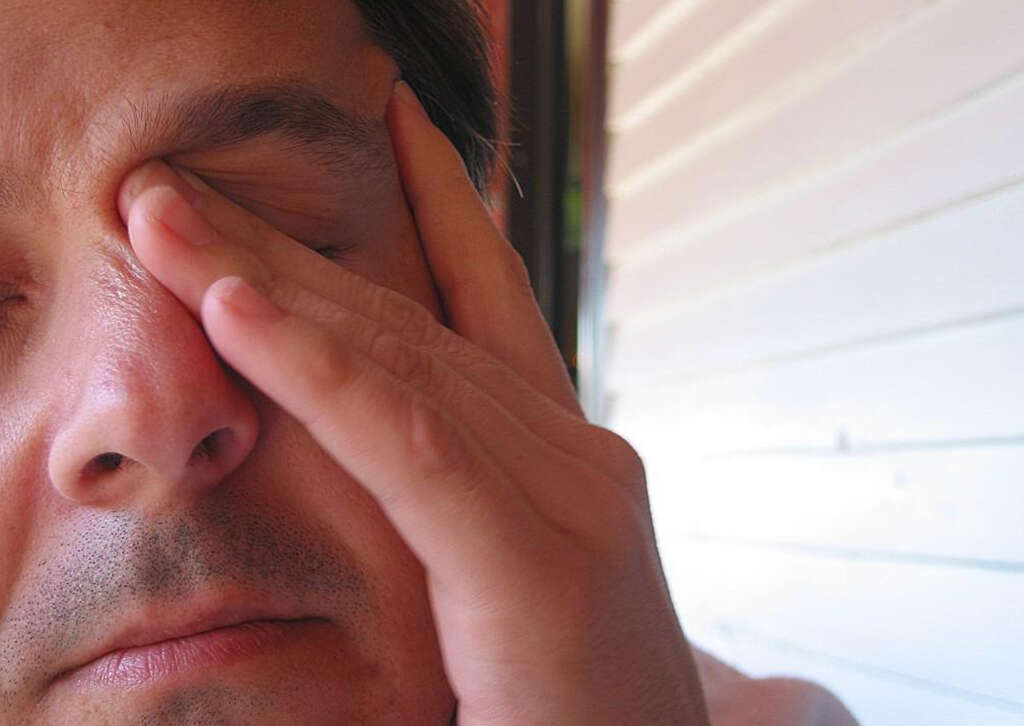
Symptom #7: Itchy Skin
Itchy skin is a pretty sure sign of irritation. The cause could be something external, such as physical contact with allergens, or it could be something internal, such as when pathogens enter the body and cause reactions. If the exposure to black mold is sufficient enough, then the fungus can cause various reactions and symptoms, such as itchy skin and a rash.
While a rash is often harmless, it can also be a sign of something potentially serious, so the symptom should not be treated lightly.
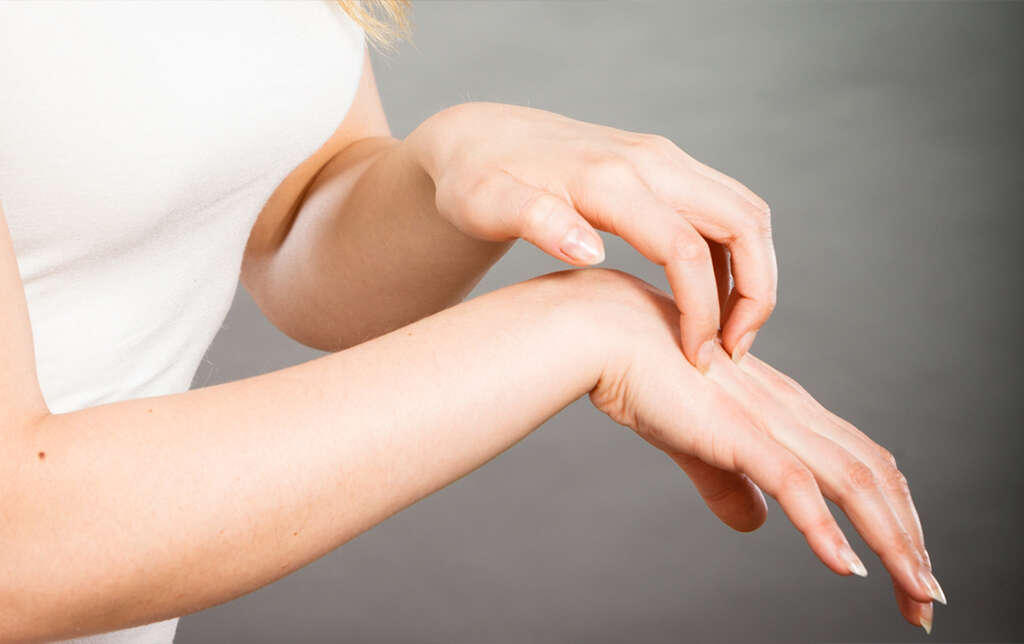
Symptom #8: Fatigue
Everyone gets tired toward the end of the day, but a good night’s sleep is often enough to remedy the fatigue. If someone is ill, however, then the body is likely working hard to combat the illness, which uses up energy and other resources.
This can cause a feeling of tiredness even with plenty of sleep. If black mold infests the body and releases a high level of mycotoxins, then the body becomes fatigued and even lethargic as it fights off the problem. It also leaves the body prone to other illnesses.
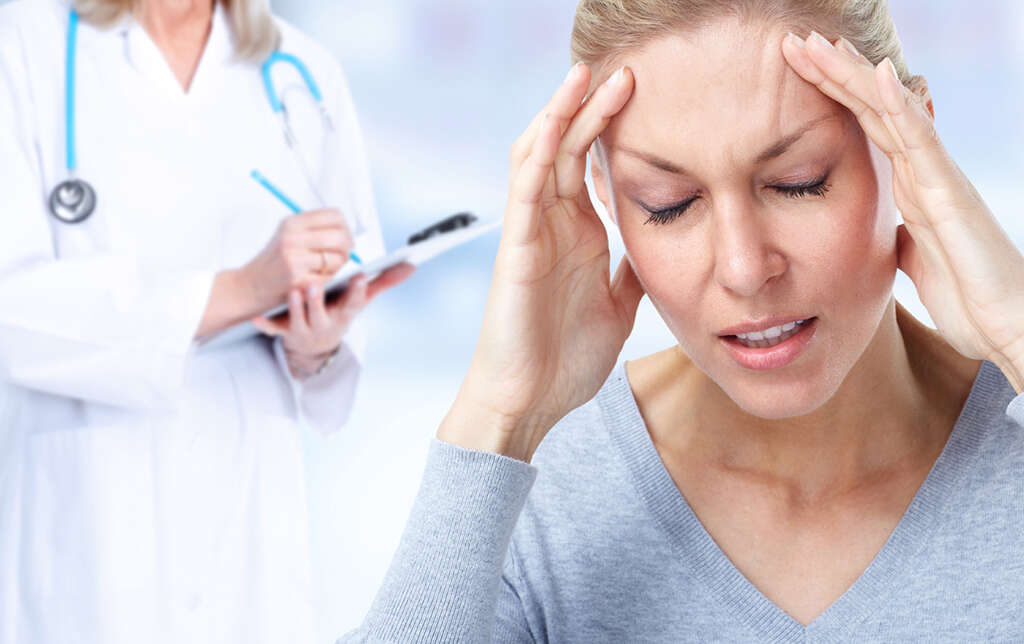
Symptom #9: Confusion
Most of the time, people are able to make sense of whatever is going on around them. Sometimes, though, ailments can cause people to become confused, even during everyday tasks and events.
Overexposure to black mold can cause people to sometimes struggle to even remember where they are or how they got there. Simple tasks, such as getting dressed in the morning, can also be a challenge. Confusion is not a common symptom of black mold exposure and is usually seen only in advanced cases.

Symptom #10: Numb Hands and Feet
The hands and feet help people move around and pick things up. They are also extremely effective at relaying information about the environment. Packed with nerves, they are closely tied to the central nervous system and can send a lot of information back to the brain.
If these nerves are affected, however, then the ability to touch and feel can be affected. Overexposure to black mold, for example, can lead to numbness in the hands and feet. This symptom is likely to occur only in advanced cases.
